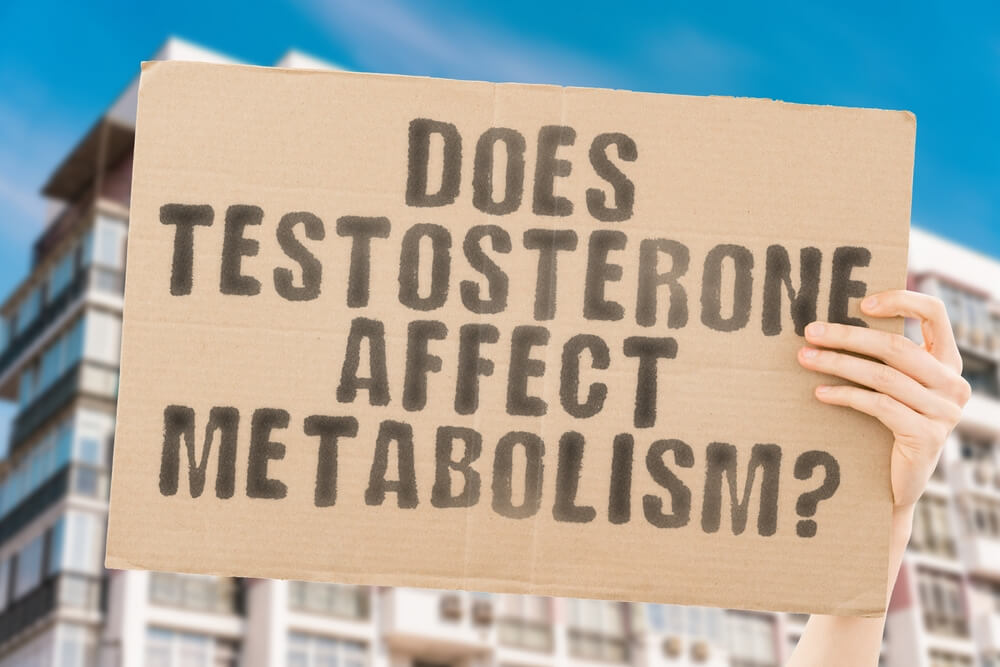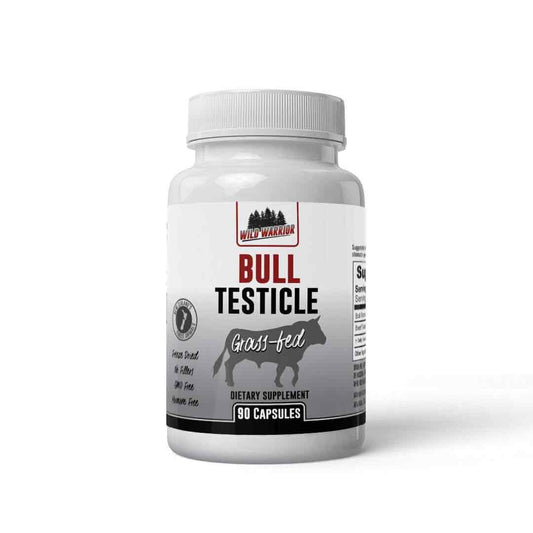As you know, testosterone is a critical hormone primarily produced in the testicles, and is central to your health. It assists in the development of masculine features and contributes to muscle mass, bone density, and all things related to sex drive. However, did you know that there's an inverse relationship between body fat and testosterone levels?
There is, and here's why you need to care.
The Correlation Between Testosterone Levels and Body Fat
An article in the Journal of Cellular Physiology documented a significant inverse correlation between testosterone levels and body fat that was observed in a key study1. The study suggested that testosterone affects fat mass and distribution in mammals, which could explain why those with higher testosterone levels tend to have less body fat.
A more focused study conducted on non-diabetic aging men revealed cross-sectional inverse associations of obesity and fat accumulation indicators with testosterone2. Specifically, heavier males in the study had lower testosterone than their leaner counter parts. This study suggests that adiposity or body fat percentage could be a indicator when determining if someone has low or low normal testosterone.
A study published in the European Journal of Clinical Investigation found that testosterone levels are inversely correlated with body mass index (BMI) in men3. That is, researchers observed that obese men had lower testosterone levels than men within their normal-weight range.
This again highlighting the hormonal connection between increased body fat and optimal hormones.
The Role of BMI in the Testosterone-Obesity Relationship
A study in the Archives of Andrology further explored the relationship between BMI, total testosterone, sex hormone-binding globulin, leptin, insulin, and insulin resistance in obese men6.
In the study, 77 healthy males between 20 and 60 years of age had blood measurements done to compare the markers above to their body fat percentage.
These researchers again found the same inverse relationship between obesity degree and testosterone, suggesting that endocrine changes could either be a result of obesity or contribute to its development.
In conclusion, the scientific evidence strongly supports an inverse relationship between body fat and testosterone. Whether body fat causes low testosterone causes an increase in body fat or vice versa, staying lean is something you should strive for if you want to stay vital.
As your body fat increases, testosterone levels decrease, which can have significant implications for men's health. This can compound overtime, since body fat cells tend to produce increased levels of estrogen leading to man boobs, mood swings, and other not so fun stuff.
However, more research is needed to fully understand this complex relationship and its long-term effects. Our opinion is that obesity is something to always care about, not just for your hormones. So workout, eat clean, and walk as often as possible.






